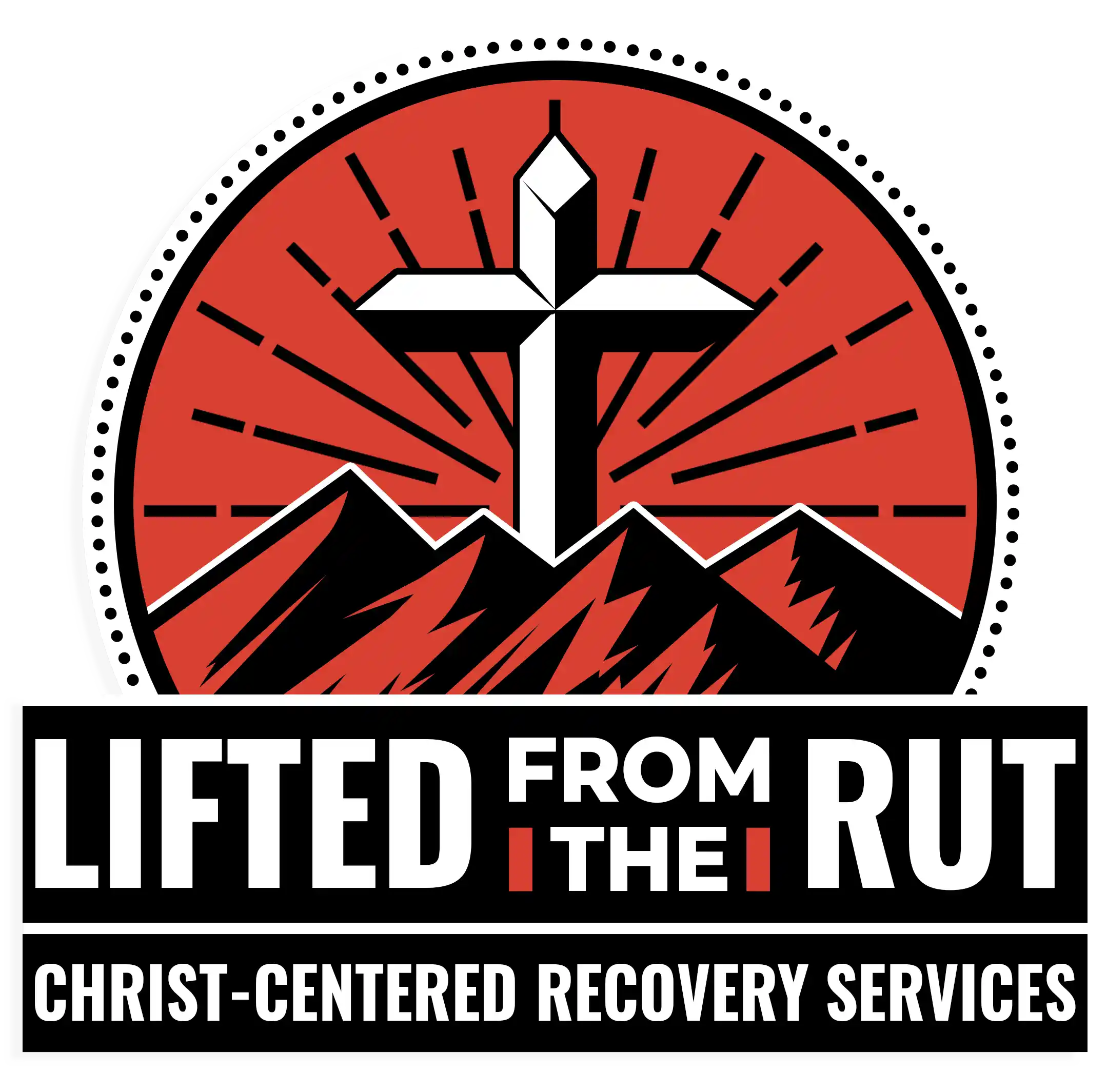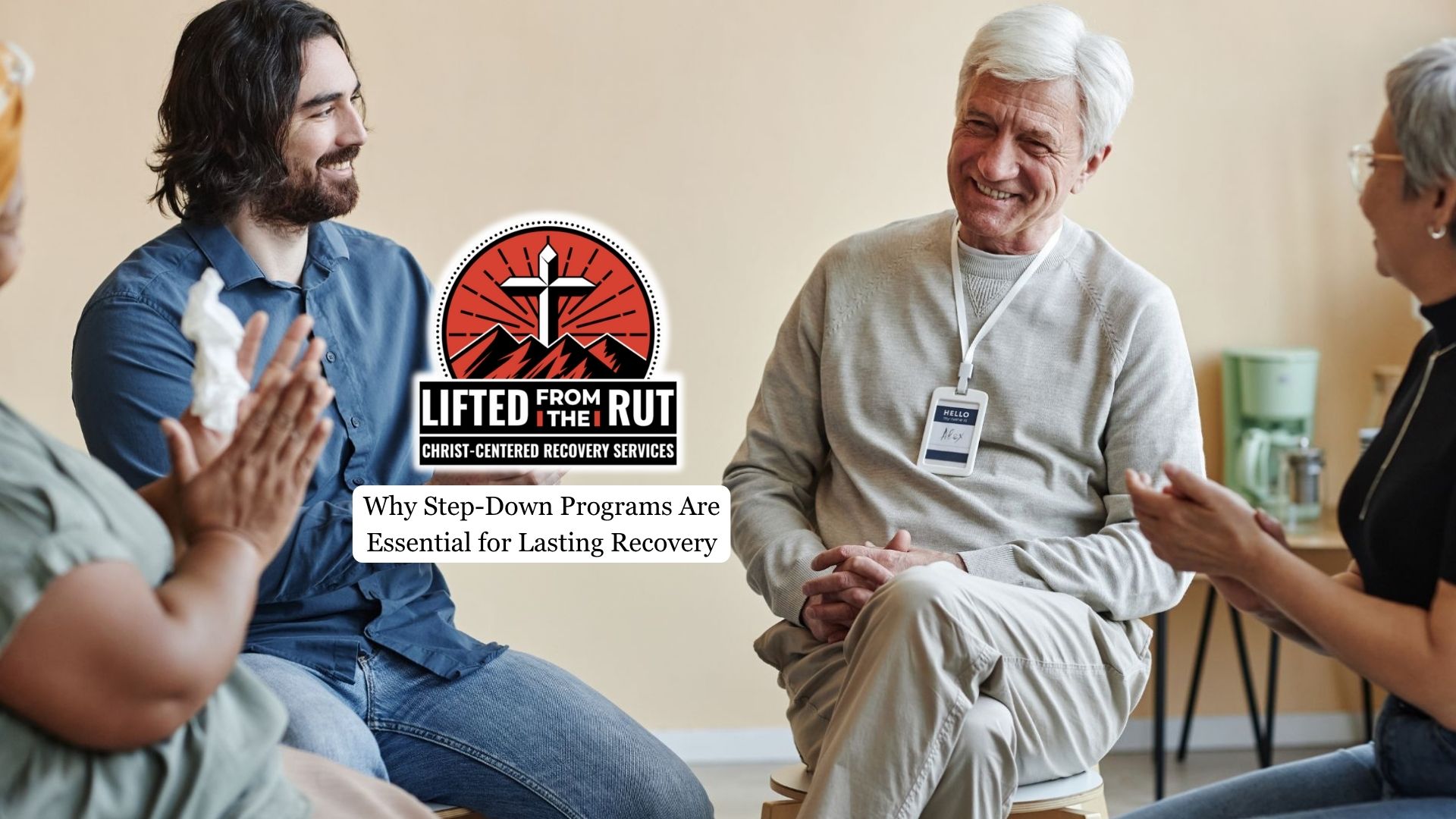Recovery from addiction is a challenging journey that extends well beyond initial intensive treatment. For many individuals, transitioning from a highly structured rehab environment back to everyday life can be fraught with difficulties. Faith-based step-down programs play a crucial role in bridging this gap, offering spiritual support alongside practical tools to foster lasting recovery.
This article provides an overview of what step-down programs in addiction recovery offer and their contributions to sustainable recovery.
The Challenges of Transitioning from Intensive Treatment
Intensive addiction treatment programs provide a controlled environment with constant support, therapy, and medical supervision. However, once this phase ends, you face the daunting task of reintegrating into your community, workplace, and family, often without the same level of support.
The abrupt shift in supervision and structure might trigger stressors you are unprepared to handle on your own. This transition period is critical because the risk of relapse is high due to exposure to triggers, stress, and old habits.
Our Relapse Prevention Program for addiction provides a structured, comprehensive approach designed to help you maintain sobriety after initial treatment by identifying your triggers, developing effective coping strategies, and strengthening your spiritual and emotional foundation.
While recovering, you might struggle with feelings of isolation, shame, and uncertainty about maintaining sobriety by yourself. Without ongoing support, the progress made during intensive treatment can quickly unravel. This is where step-down programs become essential—they offer a gradual transition that helps maintain momentum in recovery while addressing both practical and spiritual needs.
What Are Step-Down Programs?
Step-down programs, also known as aftercare or transitional programs, are structured treatment options designed to support individuals after leaving intensive rehab. These programs provide a less restrictive environment where you can continue therapy, engage in support groups, and develop the life skills necessary for sober living.
In a faith-based context, step-down programs integrate spiritual principles and practices alongside clinical care. They often include several elements. One of which is regular participation in faith communities or spiritual groups, wherein you will discover the importance of faith in recovery. Faith encourages surrender to a higher power, which many faith-based programs view as a critical step toward recovery, and incorporates spiritual practices.
Other elements include Bible study, scripture reflection, and prayer or meditation. You will also learn powerful prayers for recovery from addiction. Incorporating prayer into the recovery process offers profound spiritual support, emotional healing, and renewed purpose by connecting you to a higher power and reminding you that you are not alone in your struggles.
Step-down programs recognize that addiction is not only a physical or psychological struggle but also a spiritual one, and healing requires addressing the whole person.
Key Components of Effective Step-Down Programs
- Licensed counselors provide ongoing therapy tailored to your specific needs, helping you navigate challenges and develop practical coping skills.
- Programs encourage a deepening relationship with God or a higher power, which has been shown to reduce the risk of relapse and foster hope and purpose.
- Being part of a supportive faith-based community provides accountability, encouragement, and a sense of belonging, all of which are vital for sustained recovery.
- Teaching practical strategies to recognize and manage triggers, cravings, and high-risk situations.
- Assistance with employment, education, and rebuilding family relationships to support a stable, sober lifestyle.
- Gradual increases in independence are carefully structured, allowing participants to take on more personal responsibility as they demonstrate readiness, often progressing from supervised environments to more autonomous living arrangements.
- Regular progress assessments ensure that care is tailored to the individual’s evolving needs, making step-down programs a vital bridge to lasting recovery.

How Step-Down Programs Foster Lasting Recovery
Step-down programs provide a structured yet flexible environment that supports you in applying what you learned during intensive treatment to real-world situations. The faith-based approach adds a unique dimension by fostering spiritual growth, which research has shown to be indispensable in recovery.
For example, studies of faith-based programs reveal that maintaining a connection to God is one of the key factors in sustaining long-term sobriety. Graduates of such programs often report a profound transformation not just in behavior but in identity and purpose, which helps them resist relapse.
Faith-based step-down programs also emphasize forgiveness, both of self and others, which helps you heal from guilt and shame—common barriers to recovery. Daily spiritual practices such as prayer and scripture reading reinforce positive routines and provide comfort during difficult times.
Moreover, the community aspect inherent in faith-based programs creates a network of support that extends beyond the program itself, encouraging lifelong relationships that nurture sobriety and spiritual growth.
Relapse Prevention and the Importance of Continued Support
Relapse is often perceived as a failure in recovery, but it is more accurately understood as a standard and integral part of the recovery journey rather than a definitive setback. It offers a chance to reassess and adjust recovery plans, strengthen resilience, and recommit to a life of sobriety.
Step-down programs equip you with the tools to recognize warning signs early and seek help before a full relapse occurs. The ongoing support and accountability help reduce the isolation and despair that often trigger relapse.
Faith-based programs uniquely emphasize the power of grace, mercy, and redemption, encouraging you to persevere even in the face of setbacks. The belief in a higher power provides strength and hope, helping you to forgive yourself and continue moving forward.
Continued participation in faith-based support groups, such as group therapy, offers a lifelong resource for maintaining sobriety and spiritual well-being. These groups provide a safe space to share struggles, celebrate milestones, and receive encouragement from others who understand the journey.
Final Thoughts from LFTR Christ-Centered Recovery Services
By offering ongoing support, practical life skills, and gradual increases in personal responsibility, step-down programs help individuals build the confidence and resilience needed to sustain sobriety in the face of real-world challenges.
At LFTR Christ-Centered Recovery Services, we provide a comprehensive relapse prevention program in Littleton, CO, that uniquely integrates evidence-based clinical practices with Christian faith principles. Our program is designed to equip you with the tools, strategies, and spiritual foundation necessary to maintain sobriety and continue your healing journey beyond rehab programs. The approach our team uses addresses the physical, emotional, and spiritual dimensions of recovery through individual counseling, group support, Bible study, and spiritual guidance.





